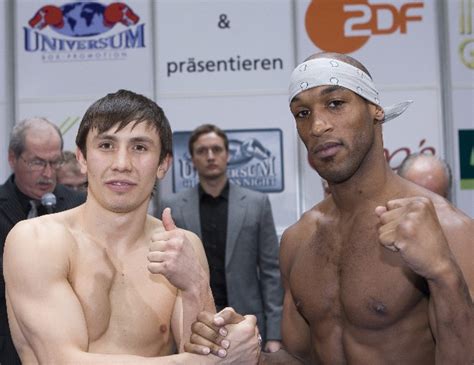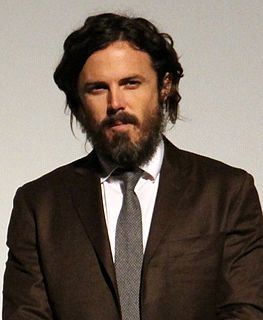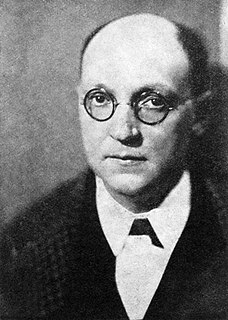A Quote by John Banville
For memory, we use our imagination. We take a few strands of real time and carry them with us, then like an oyster we create a pearl around them.
Related Quotes
The most extraordinary thing about the oyster is this. Irritations set into his shell. He does not like them. But when he cannot get ride of them, he uses the irritation to do the loveliest thing an oyster ever has a chance to do. If there are irritations in our lives today, there is only one prescription: make a pearl. It may have to be a pearl of patience, but anyhow, make a pearl. And it takes faith and I love to do it.
Own only what you can always carry with you: know languages, know countries, know people. Let your memory be your travel bag. Use your memory! Use your memory! It is those bitter seeds alone which might sprout and grow someday. Look around you - there are people around you. Maybe you will remember one of them all your life and later eat your heart out because you didn't make use of the opportunity to ask him questions. And the less you talk, the more you'll hear.
On the Way of the Cross, you see, my children, only the first step is painful. Our greatest cross is the fear of crosses. . . We have not the courage to carry our cross, and we are very much mistaken; for, whatever we do, the cross holds us tight - we cannot escape from it. What, then, have we to lose? Why not love our crosses, and make use of them to take us to heaven?
From the oyster to the eagle, from the swine to the tiger, all animals are to be found in men and each of them exists in some man, sometimes several at the time. Animals are nothing but the portrayal of our virtues and vices made manifest to our eyes, the visible reflections of our souls. God displays them to us to give us food for thought.
The past slips from our grasp. It leaves us only scattered things. The bond that united them eludes us. Our imagination usually fills in the void by making use of preconceived theories...Archaeology, then, does not supply us with certitudes, but rather with vague hypotheses. And in the shade of these hypotheses some artists are content to dream, considering them less as scientific facts than as sources of inspiration.
All cultures are different. Some commit genocide. Some are uniquely peaceful. Some have enormous hunting festivals or annual stretches when nobody speaks. Some don't use electricity. In American culture, we obsess about celebrities. We create them, build myths around them, and then hunt them and destroy them. I don't know where its taking us or what it means but I know we do it.
[T]hese last few days where I've moped around damn near depressed for real, because of people who do not exist. Not really. I can buy them Christmas presents, but there is no way to send them. Sometimes I feel like I should be able to walk into the next room and there they will be, but they won't. These people do not exisit as flesh and blood, but there are different kinds of reality, and there are days when imagination feels very, very real.
We do not know the true value of our moments until they have undergone the test of memory. Like the images the photographer plunges into a golden bath, our sentiments take on color; and only then, after that recoil and that trans-figuration, do we understand their real meaning and enjoy them in all their tranquil splendor.
And even if these scenes from our youth were given back to us we would hardly know what to do. The tender, secret influence that passed from them into us could not rise again. We might be amongst them and move in them; we might remember and love them and be stirred by the sight of them. But it would be like gazing at the photograph of a dead comrade; those are his features, it is his face, and the days we spent together take on a mournful life in the memory; but the man himself it is not.
It has long been a tradition among novel writers that a book must end by everybody getting just what they wanted, or if the conventional happy ending was impossible, then it must be a tragedy in which one or both should die. In real life very few of us get what we want, our tragedies don't kill us, but we go on living them year after year, carrying them with us like a scar on an old wound.





































